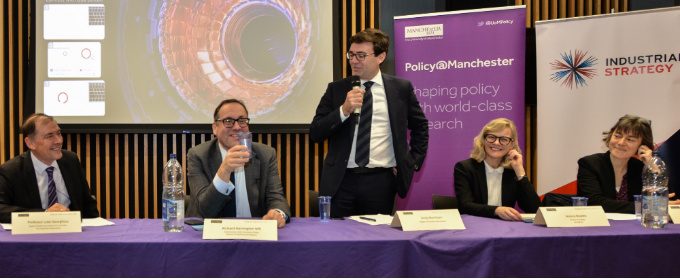As the UK and many local regions embark on developing and implementing industrial strategies Dr Kate Scott from the School of Environment, Education and Development argues it is crucial to identify how their strengths can support innovation and development for low carbon transitions. This is particularly true in light of the government’s recent announcement that […]



